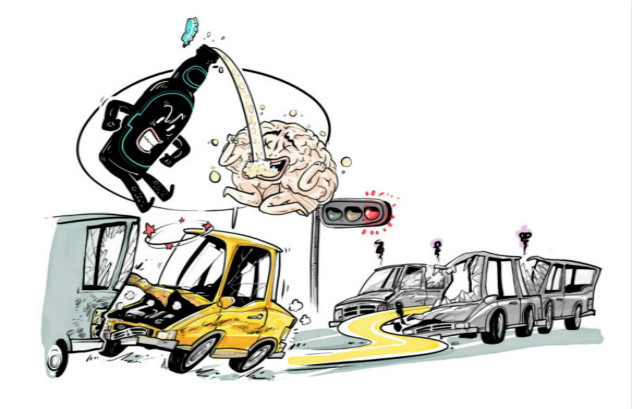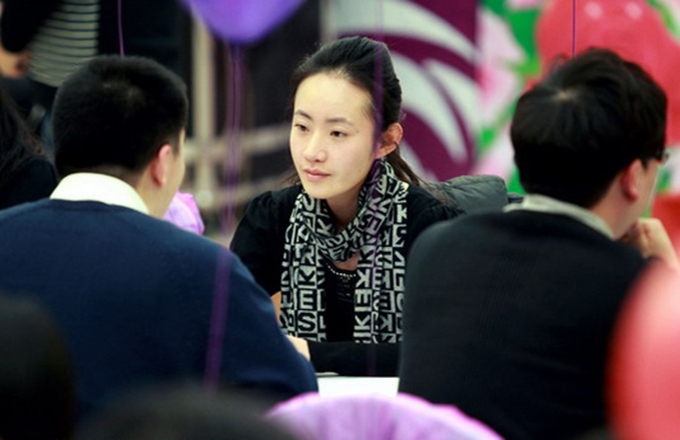Innovation crucial for China
Through the Law on Legislation (2000), the government opened the legislative process for public comments through public hearings. Very important pieces of legislation have now received public comments before their enactment.
For more technical laws such as the amendments to the Criminal Law, Criminal Procedure Law and Civil Procedure Law, the legislature organized a number of consultations to obtain feedback from experts on behalf of the public. More than 50 cities have also held public hearings on legislative reforms.
Various levels of government in different regions have experimented with soliciting citizens' views to inform public decision making, such as in Wenling, Zhejiang province, where it was introduced in 1999. Since then a system of regular citizens' consultations on important issues of public interest has taken shape and in 2005, fiscal budget allocations were added to the topics discussed.
The use of social media to promote better governance has become a well-known phenomenon in China. For example, in 2010 Beijing's municipal police launched its micro blog "Safe Beijing" to both disseminate information on public security and receive suggestions from the public. This micro blog now has more than 4.6 million followers. In 2011 alone, it received more than 180,000 comments from netizens, some with leads that helped settle over 170 urgent cases, including six live Web broadcasts on suicide attempts.
Other government bodies, such as the Ministry of Health, have also set up micro blogs. Micro blogs have become a powerful tool in the ongoing anti-corruption drive, revealing useful leads in cases that the government has subsequently acted on. This innovative approach is a major breakthrough, because it transforms communication between government and citizens into an interactive relationship.
Public opinion and satisfaction polls have been used in several places, such as in Binzhou, Shandong province, where public polls are factored into the performance assessment of local government departments.
The development of NGOs and volunteer groups in China has started to help empower local communities to find innovative solutions to their problems. For example, in Jiangdong district in Ningbo, neighborhood centers have been established in numerous communities to meet people's social needs. Managed by elected community members, the centers have expanded social services in the communities considerably, which include children's day care, services for senior citizens, aid for poor residents and legal aid.
As China prepares to embrace its next round of reform and opening-up under the new leadership, it will reflect on how to build on this experience and take it to the next level. It will consider how to both review and consolidate the various experiments initiated, crafting them into a coherent conceptual framework and scaling them up, while allowing space and flexibility for further experimentation. Both are equally necessary.
If the general framework and core objectives are not clear, distortions may take root and subsequent disillusionment may emerge that can harm the efforts. Yet if the framework becomes too rigid, innovation may be stifled and defeat the purpose, or the systems may be captured by some voices at the expense of others.
The next chapter of China's reform and opening-up will not be as straightforward as the previous ones. The low hanging fruits have already been plucked. The economic and social challenges today are more complex. And China's relations within the region and the world are more complex. In many areas of creative tensions, such as between economic growth and the environment or between development and social justice, new approaches and mechanisms will be required to strike the right balance for sustainable and equitable development.
Innovation from the top down will need to be complemented by social innovation at all levels, as well as through dynamic channels that irrigate the whole system with new and creative ideas. Not only will this keep the character of China's development dynamic and forward looking, it will also help expand China's social capital and lay the ground for the next phase of evolving social contract.
The author is UN resident coordinator and UNDP resident representative in China.
(China Daily 04/09/2013 page9)





















